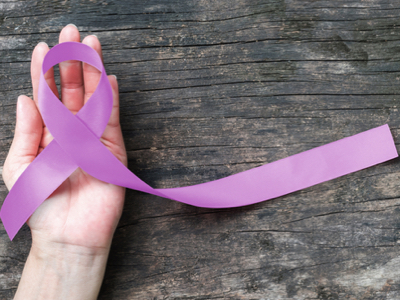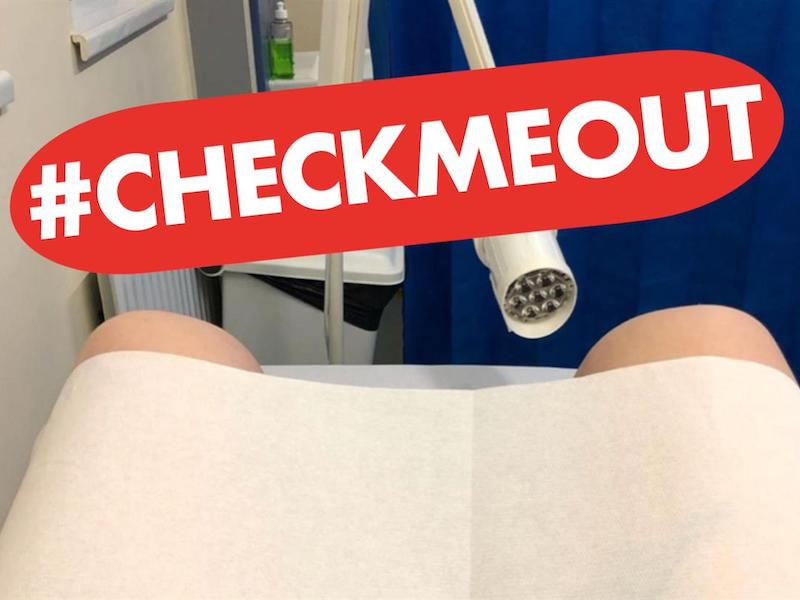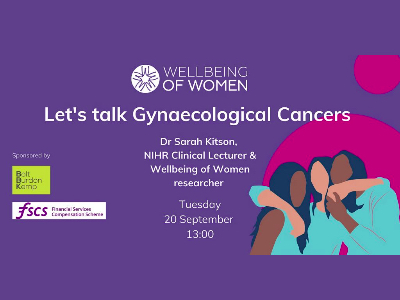Only a third of women can correctly label the female anatomy, according to a survey by gynaecological cancer charity The Eve Appeal.

The statistics found that nearly two thirds (60%) could not identify the vulva and nearly half could not locate the cervix or the vagina, as The Eve Appeal calls for women to get to know their bodies better.
However, seven out of 10 women could correctly identify the foreskin, penis and testes.
The survey found that women over 65 had the least amount of knowledge about their bodies, with less than one in four being able to correctly label the female anatomy. In women over 65 the risk of gynaecological cancers are greater.
Globally there are one million new cases of gynaecological cancers every year and 500,000 women will die this year as a result of vulval, vaginal, cervical, womb or ovarian cancer. This number is just 28,000 fewer than breast cancer.
In the UK, this equates to 21 mothers, wives, daughters and friends dying from gynaecological cancers, every day.
The Eve Appeal’s Specialist Gynaecological Cancer Information Nurse, Tracie Miles, said: “Body knowledge is vital from the time young girls begin to experience puberty, to their first sexual experience right through to motherhood and eventually the menopause.
“However, the lack of basic knowledge about the female body or conversations around how the female anatomy works, is extremely worrying – how can we expect women to know what to look out for in terms of unexpected changes in their vagina or vulva or to be aware of the signs and symptoms of a gynaecological cancer, if they’re not body aware.”
The survey also found a lack of awareness surrounding gynaecological cancer, with 9% of women incorrectly stating that breast cancer was a gynaecological cancer.
Furthermore, 14% were not being able to name a single gynaecological cancer. Only 9% of women could identify vulval cancers and only 5% could identify vaginal cancers.
Identifying the symptoms of cancer was also found to be an issue. Despite 68% correctly associating unusual vaginal bleeding with cancer, respondents did not link unusual discharge, itching or a burning sensation on the vulva to cancer.
Miles added: “It is a proven fact that early diagnosis of women’s cancers can save lives, therefore it really is never too early to start educating young girls about their bodies by having frank, honest conversations with them, rather than hiding behind embarrassment or taboo”.
Athena Lamnisos, CEO of The Eve Appeal said: “Body confidence is important, but body knowledge is absolutely vital, and our research has shown that women don’t know their vaginas from their vulvas.
“We’re imploring women to understand and be aware of what to listen out for. They need to know what’s normal for them. They need to be able to talk openly about periods, irregular bleeding and any changes that they notice to their bodies. That is why, at The Eve Appeal, we’re determined to change this by asking women across the UK to get to know their bodies this September and beyond.”
This September The Eve Appeal is encouraging women to open up about gynaecological issues. Gynaecological cancer remains an under-funded and under-profiled cause, despite being the second biggest cancer killer of women in the UK.








